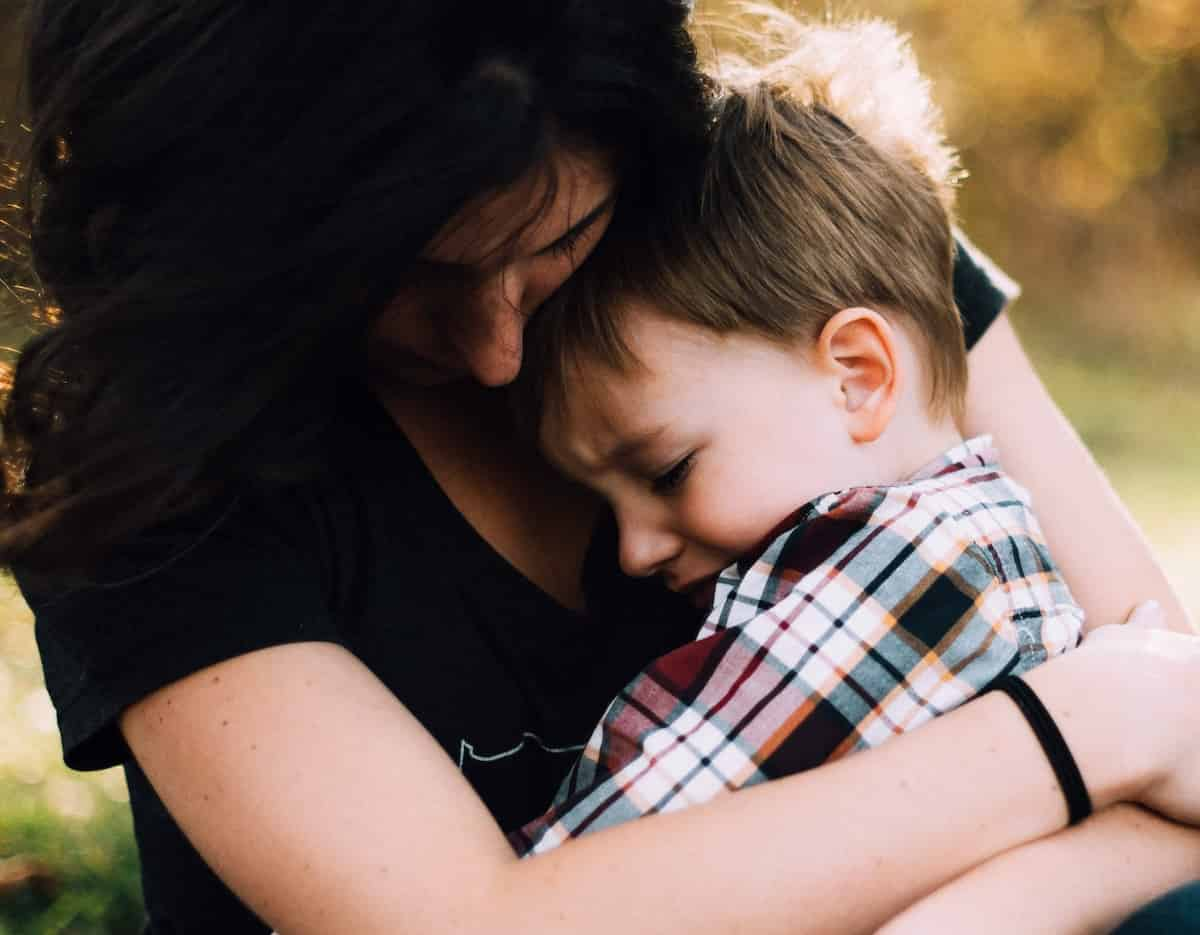Along with intelligence, certain parenting strategies are linked to less aggression, disobedience and restlessness.
Children whose parents are ‘chatterboxes’ tend to have higher IQs.
Children hearing more speech from their caregivers had better reasoning and numeracy skills, the observational study found.
Some children in the study heard twice as many words as others.
Perhaps less surprisingly, children who heard higher quality speech from their parents, using a more diverse vocabulary, knew more words themselves.
For the study, tiny audio recorders were fitted to 107 children aged between 2 and 4.
They were recorded for 16 hours a day for three days at home.
Ms Katrina d’Apice, the study’s first author, explained the results:
“Using the audio recorders allowed us to study real-life interactions between young children and their families in an unobtrusive way within the home environment rather than a lab setting.
We found that the quantity of adult spoken words that children hear is positively associated with their cognitive ability.
However, further research is needed to explore the reasons behind this link — it could be that greater exposure to language provides more learning opportunities for children, but it could also be the case that more intelligent children evoke more words from adults in their environment.”
While parental talk was linked to children’s cognitive abilities, their parenting strategy was linked to their behaviour.
Specifically, positive parenting was linked to less aggression, disobedience and restlessness.
Positive parenting involves responding to children in positive ways and encouraging them to explore the world.
Professor Sophie von Stumm, study co-author, said:
“This study is the largest naturalistic observation of early life home environments to date.
We found that the quantity of adult spoken words that children were exposed to varied greatly within families.
Some kids heard twice as many words on one day as they did on the next.
The study highlights the importance of treating early life experiences as dynamic and changeable rather than static entities — approaching research in this way will help us to understand the interplay between environmental experiences and children’s differences in development.”
The study was published in the journal Developmental Psychology (d’Apice et al., 2019).








